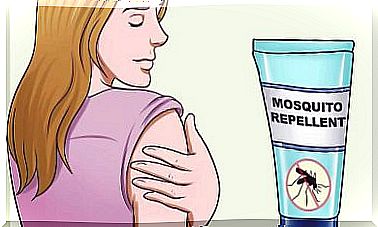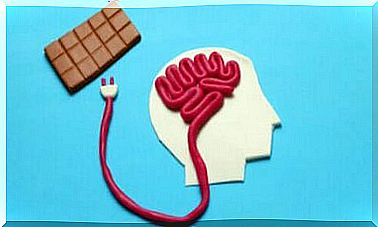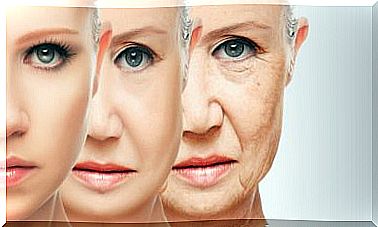Deprax: What Is It And What Is It Used For?

Deprax is a drug whose active ingredient is trazodone. This medication is mainly used to treat depression. Trazodone (deprax) belongs to a group of medications called antidepressants and comes in tablet form for oral administration. How is it administered? What are its adverse effects? We will explain below.
What is deprax used for?
Deprax is a sedative antidepressant that causes drowsiness, especially at the start of treatment. Trazodone is used to treat severe depressive episodes and mixed states of depression and anxiety.
Trazodone controls depression but does not cure it. It may take two weeks or more to begin to work. Even if you feel fine, do not stop taking the medicine suddenly as you may experience withdrawal symptoms.
Sometimes deprax is also prescribed for people suffering from insomnia, anxiety and schizophrenia. Schizophrenia is a mental illness that leads to unusual and altered thoughts, loss of interest in life, and strong emotions.
It can also be used to treat uncontrolled movements that are a side effect of treatment with other medications.

How to take trazodone?
The starting dose is 100-150 mg per day, divided into several doses after meals. Another possibility is to take a single dose before bed. The dose can be increased gradually to a maximum of 400 mg daily.
Typically, the dose is increased by 50 mg a day, every three or four days. In case of hospitalization, the dose can be increased to a maximum of 600 mg daily, divided into several doses.
Once the proper dose of deprax is found, it will be continued for at least four weeks. Thereafter, the dose will be gradually reduced depending on the therapeutic response.
Treatment will continue until the patient is well for a period of four to six months. The dose will then be gradually reduced until it is low enough to stop treatment.
What to do in case of an overdose?
In case of an overdose or accidental ingestion, consult a doctor immediately or go to the nearest hospital emergency service, indicating the medication and the amount ingested.
The most common symptoms of overdose are drowsiness, dizziness, nausea and vomiting. In more severe cases, the patient can go into a coma and suffer seizures, hyponatremia (low blood sodium concentration), hypotension, tachycardia, and respiratory failure.
What if I forget to take a dose of deprax?
If you forget to take a dose, you should not take double the dose to make up for the missed dose, but take it as soon as you remember. However, if it’s almost time for the next one, don’t take the one you forgot.

Possible Side Effects of Trazodone
Like all medications, deprax can cause side effects; however, these do not manifest in all people. Consult your nearest doctor or hospital when you experience any of these effects:
- Swelling of hands, feet, ankles, face, lips or throat. It could be an allergic reaction.
- Painful penile erection, without intercourse, that does not go away.
- Yellowish skin or eyes.
- Infections more often. This could be due to a blood disorder (agranulocytosis).
Bruising can also occur more easily than normal, which may be due to a disturbance in the blood (thrombocytopenia).
Also, pain and swelling in the abdomen, vomiting and constipation can all be signs that the bowel is not functioning properly.
Other adverse effects of deprax
It is important that you contact your doctor if you notice the following side effects:
- Self-destructive thoughts.
- Convulsions or attacks.
- Rare skin rash or sensations such as numbness, stinging, burning, or tingling.
- Feeling confused, restless, hallucinations, muscle spasms, and rapid heartbeat.
- Difficulty breathing and walking.
- Loss of appetite and weight loss.
- Fluid retention, which can cause swelling in your arms or legs.
- Involuntary muscle movements, especially in the arms and legs.
Conclusion
Trazodone is a drug with an antidepressant effect. In low doses, it is useful for some sleep disorders, such as insomnia. However, do not forget that treatment must always be supervised by a doctor.









